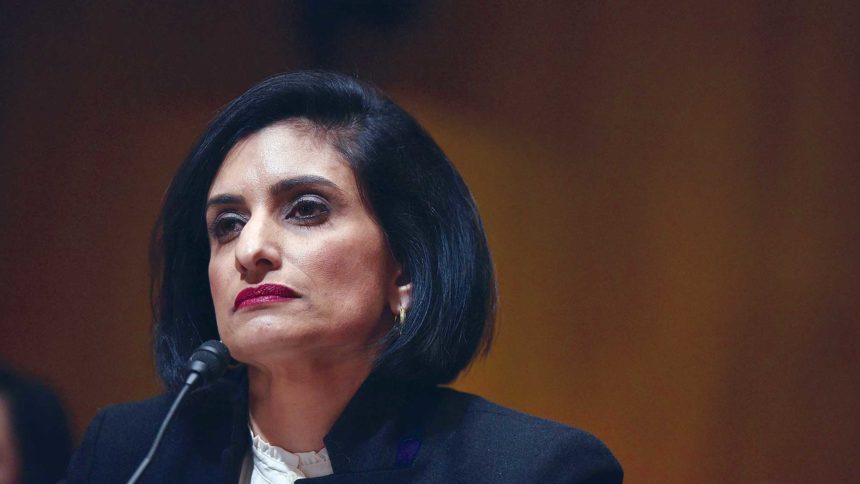
The Centers for Medicare & Medicaid Services wants to create more mandatory alternative payment models in the Medicare program to speed up the transition to value-based care. Providers are saying “not so fast,” worried that decrees could have “devastating” consequences for struggling nursing homes.
Making new payment models mandatory is crucial to avoid “selection effects,” where only providers who benefit financially from a model participate, reducing potential savings. CMS Administrator Seema Verma said Thursday that the move toward value must speed up and wants more provider types in such models in the near-term.
“Value-based care means upending the current paradigm, and in my view it’s not happening fast enough,” Verma said in a speech to the National Association of Accountable Care Organizations, in Baltimore. New payment models under development would focus on patients with high medical needs, including those suffering from cancer, living in rural areas, or with end-stage renal disease.
“Requiring participation also helps us understand the impact of our models on a variety of provider types, so the data resulting from the model will be more broadly representative,” Verma added later.
Skilled care advocates have expressed reservations about models — such as bundled payment and ACOs — that often cut costs on the backs of nursing homes. LeadingAge noted Friday in a statement to McKnight’s that not all SNFs have cash on hand to make the necessary investments in transforming the delivery system, nor do they have sufficient volume of Medicare cases to spread the risk of high-cost patients.
“Such an approach — where it involved smaller, rural nursing homes, small home health agencies, or other similar providers — could be financially devastating,” Nicole Fallon, VP of health policy and integrated services for LeadingAge, told McKnight’s. “We believe that CMS understands that mandatory models are not appropriate for all providers.”
The American Health Care Association also said Friday that it opposed mandatory demonstration projects, but supported development of the rehospitalization value-based purchasing program.
CMS recently unveiled a voluntary, value-based care model aimed at transforming primary care. The ambitious pay change would shift at least a quarter of Medicare beneficiaries away from fee-for-service medicine and toward a global payment model, with providers assuming various amounts of risk. Verma said she hopes to eradicate barriers to creating more models, including misaligned financial incentives, a lack of interoperability between SNFs and other providers, and aspects of the “outdated” the Stark Law.




